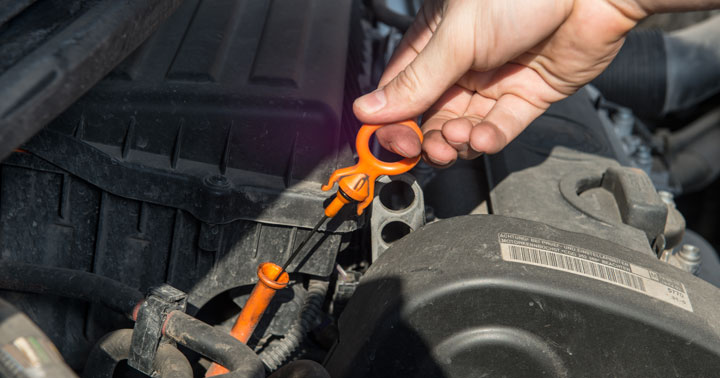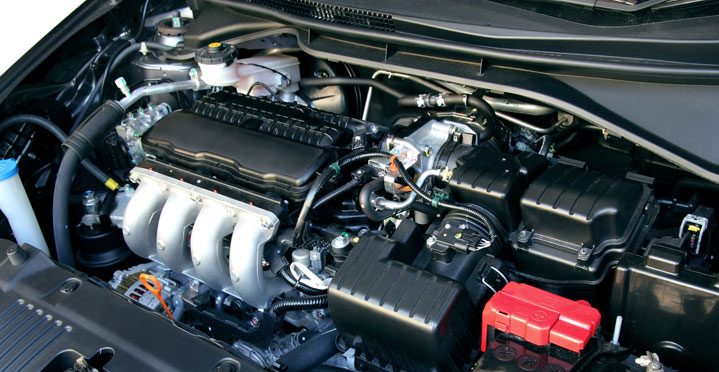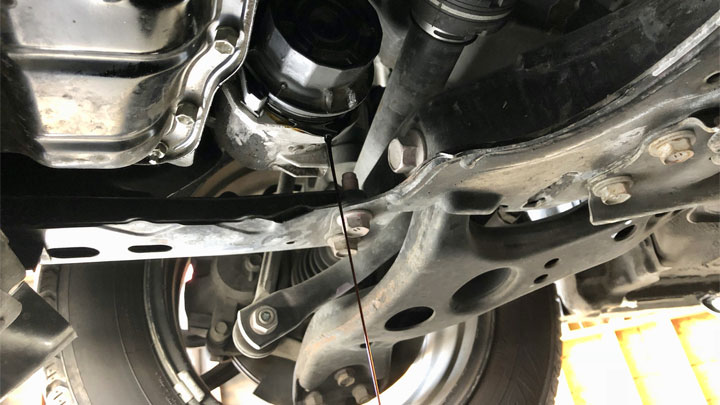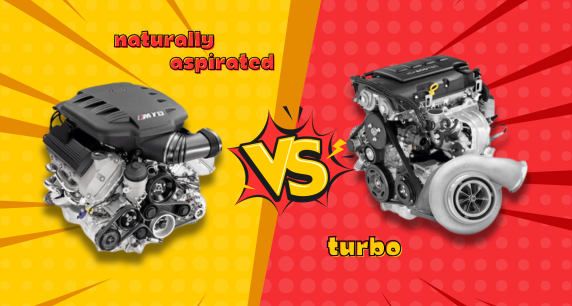Bad Valve Cover Gasket Symptoms
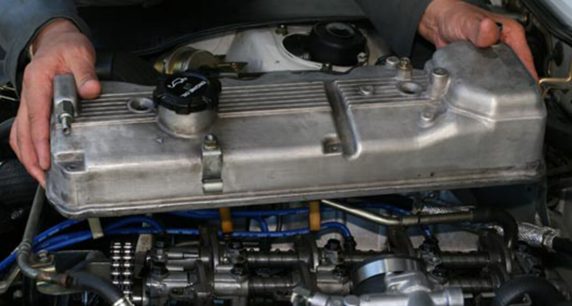
A bad valve cover gasket can cause a number of troublesome, yet easily recognized symptoms. Most symptoms of this nature are relatively standard, from one particular model of engine to the next.
The following are several of the most common symptoms associated with a bad valve cover gasket.
- The Smell of Burning Oil

As oil seeps from an engine’s valve cover gasket, it comes into contact with many heated surfaces. This oily residue begins to “cook” when exposed to heat sources found within a vehicle’s engine bay. As a result, a detectable odour becomes apparent.This smell will persist until the offending valve cover gasket is replaced. Upon replacement, a vehicle’s engine should be cleaned with the use of a degreaser and warm water. Doing so will alleviate the above mentioned odour. - Visible Oil On Engine’s External Surfaces

A leaking valve cover gasket is most easily identified by the presence of an oily residue, which coats the external surfaces of an engine’s cylinder heads. If such a leak becomes severe enough, this residue can extend downward toward an engine’s block.This not only creates a mess but also makes it difficult to locate the source of any additional leaks that are present. This oil contamination can only be resolved by replacing the offending valve covergasket, before thoroughly cleaning the engine itself. While oil that makes it to the undercarriage of a vehicle may be from the valve cover, a faulty oil pan gasket may also be to blame.
- Low Oil Level

An internal combustion engine is designed to operate in the accompaniment of a set amount of motor oil. This is represented by an engine’s total oil capacity. Whenever oil leaks from an engine at any point, and is not replenished, the total amount of oil within an engine is reduced.If severe enough, a valve cover gasket leak can deplete an engine’s oil level to the point of causing secondary issues, such as the accelerated wear of internal components. This can prove disastrous if not remedied in short order. - Engine Misfire

Valve cover gasket leaks can allow oil to flow into a number of places that it is never intended to reach. One such location is the area in and around an engine’s spark plug wells. When oil accumulates in this area, a number of issues can arise, which most notably include engine misfire.With time and sufficient leakage, oil can contaminate a spark plug to the point of saturating its insulator and electrode. This, in turn, can necessitate spark plug replacement. This process will have to be repeated time and time again, if an engine’s leaking valve cover gasket is not eventually replaced.What Can Cause a Valve Cover Gasket to Fail?

While all valve cover gaskets are prone to leakage with time, several different factors can also play a key role in the depletion of such a gasket’s structural integrity. The vast majority of which are at least partially maintenance-related in nature.
#1 – Infrequent Oil Changes
Perhaps the most significant cause of premature valve cover gasket failure is infrequent engine service. Fresh engine oil, which is changed at a regular interval, contains a number of additives that are intended to prevent gasket deterioration.
With time these additives begin to break down, which in turn, leaves an engine’s valve cover gasket(s) vulnerable to accelerated wear and aging. This often occurs when items of routine maintenance are ignored for extended periods of time.
#2 – Overheating
Another leading cause of valve cover gasket failure is overheating. All engines are intended to operate at a predetermined temperature. If this predetermined value is exceeded, as in the case of overheating, an engine’s gaskets become heat stressed, which poses an accelerated risk of cracking and blowout.
Overheating is not only hard on an engine’s valve cover gasket(s), but also jeopardizes the integrity of other vital seals, such as the head gasket. It is not uncommon to find multiple failed gaskets on a single engine, in the case of severe engine overheating.
#3 – Over/Under Tightened Valve Cover Bolts
Additionally, previously replaced valve cover gaskets often begin leaking in short order, if an engine’s valve cover bolts are not properly torqued upon installation.
Over-tightening of these bolts can lead to improper gasket seating or pinched/flattened gasket surfaces. On the other hand, the under-tightening of these bolts often prevents a suitable seal from ever forming between each metallic surface.
Is a Valve Cover Gasket leak serious?

In the vast majority of cases, a valve cover gasket leak is not considered to be extremely serious. This is especially true of minor leaks, which do not heavily contaminate an engine’s external surfaces.
Generally, a valve cover gasket leak is only considered to be serious if it becomes severe enough to cause significant oil loss.
Additionally, a valve cover gasket leak that causes a misfire condition is also cause for concern. This occurs when run-off from a leak leads to the presence of oil in a spark plug well, thereby contaminating a spark plugs electrode and insulator.
In any case, it is considered good practice to replace a leaking valve cover gasket within a reasonable amount of time. A leak of this nature will only progress in severity, eventually reaching a level of severity consistent with that described above.
Being proactive with such repairs helps to minimize the chance of any drivability-related symptoms.



